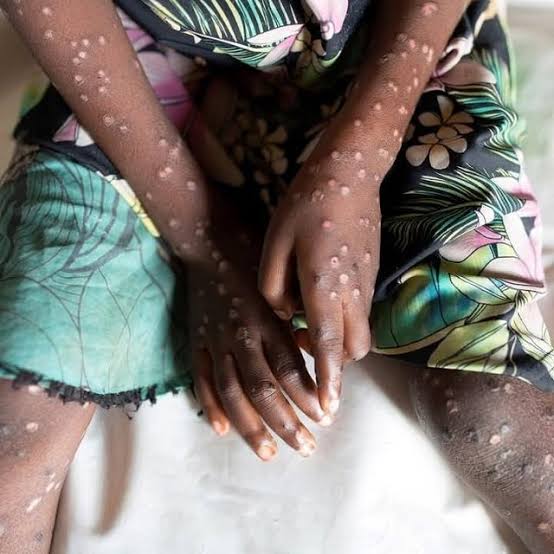
Ethiopia has confirmed its first human mpox cases, with infections reported in the capital Addis Abeba and across six regional states, health authorities announced today. The cases mark the country’s latest entry in the recently resurging epidemic gripping parts of Africa.
The Federal Ministry of Health confirmed multiple infections in Addis Abeba, Oromia, Amhara, Southern Nations, Nationalities and Peoples’ Region (SNNPR), Tigray, Afar, and Gambella. Initial cases were identified following patients presenting with fever, skin rashes, and lymph node enlargement the hallmark symptoms of mpox. Laboratory testing confirmed the presence of the Orthopoxvirus strain now circulating across parts of the continent.
The Ethiopia outbreak is part of a broader mpox surge. Since the start of 2025, Africa has recorded more than 24,000 mpox cases, with the death toll surpassing 260, according to Africa CDC data, Regional health officials attribute the spike to a genetically distinct mpox variant, labeled clade Ib, noted for its increased transmissibility
In response, Ethiopia has swiftly activated its national public health emergency protocols. Border screening measures remain in force at major entry points including Bole International Airport and overland crossings to detect and isolate suspected cases promptly . National healthcare networks are now conducting surveillance, contact tracing, and active case detection in affected regions.
Health Minister Dr. Lia Tadesse emphasised that the outbreak is being managed locally and flagged that all confirmed cases have been contained within existing treatment facilities. She also reassured that no fatalities have occurred in Ethiopia thus far.
Ethiopia is working closely with Africa CDC and WHO to scale up its response, which includes ramping up laboratory testing capacity, reinforcing clinical care, and rolling out targeted risk communication campaigns. The health ministry has urged citizens to monitor for symptoms and seek early medical care to prevent further spread.
Across Africa, surveillance has improved since the WHO and Africa CDC re-declared mpox as a public health emergency in August 2024. However, gaps in vaccine distribution and diagnostic coverage remain concerning, particularly in remote and conflict-affected areas.
As Ethiopia joins the growing list of affected nations, local healthcare authorities urge unity and vigilance. “Prompt identification, isolation, and community cooperation remain our best defence,” concluded Dr. Lia Tadesse.
This marks Ethiopia’s first confirmed cases amid a continental outbreak that poses escalating public health challenges.

